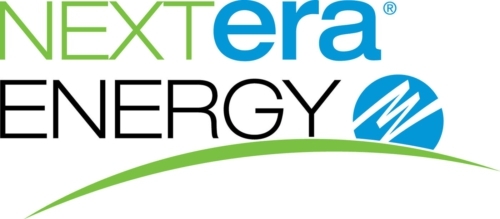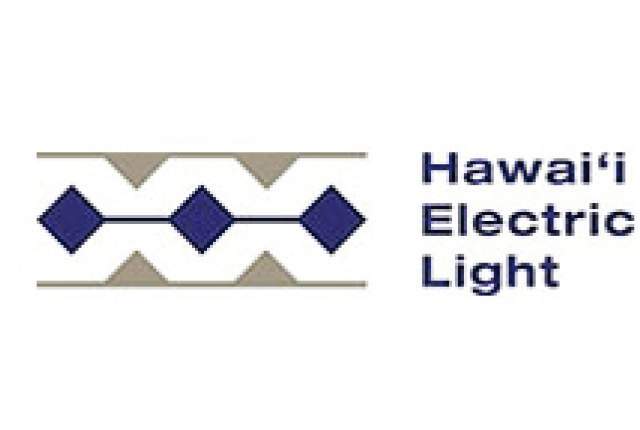A series of resolutions aimed at addressing community concerns about the pending $4.3 billion sale of Hawaiian Electric Co. to Florida-based NextEra Energy have been adopted by the state House of Representatives and are headed to the Senate.
Among them is House Resolution 105 which, along with its companion House Concurrent Resolution 169, expresses support for continuing the discussion about efforts to facilitate local ownership and control of electric utilities.
Last month, the Hawaii Island Energy Cooperative, a nonprofit group of Big Island community and business leaders, filed a motion with the state Public Utilities Commission to intervene in the pending sale of HEI to NextEra in order to explore the idea of public ownership, similar to Kauai Island Utility Cooperative on Kauai.
Marco Mangelsdorf, spokesman for HIEC, has not closely followed the resolutions in the Legislature but said there is growing support for the energy co-op option on the Big Island, as well as the municipal option on Maui.
Both, he said, would allow more direct and local ownership and control of one of the most important infrastructures on the islands.
“And there’s something fundamentally appealing about that to a lot of people,” Mangelsdorf said in an email Wednesday. “Also, the example on Kauai island since 2002 has shown that this kind of endeavor is not some Pollyanna wishful-thinking pipe dream of do-gooder residents.”
After being passed by a pair of House committees, HR 105 and HCR 169 were adopted April 9 by the full House. HCR 169 since was transmitted to the Senate and referred to the Committee on Commerce and Consumer Protection. A hearing has not yet been set.
Additionally, the House approved HR 158 and HCR 227, which were introduced by Rep. Chris Lee of Oahu and request that the PUC protect the public interest in reviewing the proposed acquisition. They task the PUC with determining whether NextEra is likely to act in the long-term best interests of Hawaii ratepayers, as well as determine how the merger would impact rates, services and the state’s ability to achieve its renewable energy goals, according to the document.
In written testimony, NextEra President Eric Gleason said his company supports the intent of the measures to protect public interest, but that they contain inaccurate claims, including that NextEra Energy’s utility, Florida Power and Light Co., is “blocking rooftop solar.”
“It appears to rely almost exclusively on media reports that mischaracterize and/or omit facts,” he wrote. “This merger is all about creating a cleaner, more affordable energy future for Hawaii.”
In his own written testimony, Jim Alberts, senior vice president of customer service for Hawaii Electric Co., defended claims that his company is seeking to prevent solar customers from interconnecting to the electrical grid unless the PUC enacts sweeping policy reforms benefiting the utility.
“This is not true,” he said. “Hawaiian Electric has proposed a transitional program that would support the continued growth of rooftop solar while ensuring equity and a stable electric service for all customers.”
HCR 227 and a separate measure, HCR 9, requesting the PUC conduct a public hearing on the approval of the sale of HEI, also received support from the full House and have been referred to the Senate committee on CPN. A hearing has not yet been scheduled.
In written testimony related to HCR 9, PUC Chairman Randy Iwase said the commission intends to host public listening sessions on each of the islands served by Hawaiian Electric.
Mangelsdorf said the proposed HEI-NextEra merger has generated a lot of discussion about energy issues and control of Hawaii’s energy present and future.
“It’s prompting no shortage of interested parties, people who never really gave much thought to energy before aside from how much their electric bills and filling their cars were costing them, to think out of the box and question whether it makes sense for a mainland-based company to be taking control of not just the largest energy company in Hawaii, but the largest company in the state,” he wrote. “And I would expect that this interest will continue to grow in the months to come.”
In late March, the Federal Energy Regulatory Commission signed off on the pending sale, sending the proposal to the PUC for approval.
Email Chris D’Angelo at cdangelo@hawaiitribune-herald.com.









